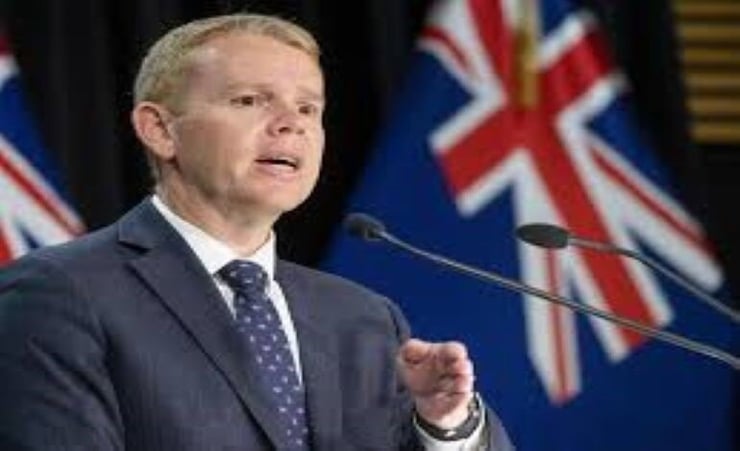PM’s ‘refocus’ leaves policy vacuum

Parliament has reset the calendar for its next sitting to allow members to work in their electorates to mitigate the hardship faced by communities in the wake of Cyclone Gabrielle.
This is a tacit endorsement for Prime Minister Chris Hipkins who has been camping in Auckland to personally oversee the massive salvage operation following the floods and landslips that have ravaged scores of families, particularly in the upper reaches of the North Island.
But Auckland is also the political epicentre for the prime minister as he attempts to fill the policy vacuum left behind by his “reprioritisation” exercise on assuming office.
That has involved rescinding the TVNZ-RNZ merger, pausing the unemployment insurance scheme and tweaking the Three Waters legislation.
Hipkins also submitted the proposed amendment to the hate speech legislation to the law commission for review. This has not gone down well with some South Asian migrant communities.
That legislation was amended to honour the Labour government’s pledge to meet the recommendation made by the Royal Commission in the aftermath of the 2019 terrorist attack in Christchurch.
Jacinda Ardern had spearheaded the initiative to include a clause around religion in the hate speech legislation, which drew strong objection from ACT’s David Seymour who saw in it an insidious attempt to curb free speech.
Amnesty International is understood to have registered its disapproval over the withdrawal move. So has the Islamic Women’s Council of New Zealand.
It has urged Hipkins to “act quickly and boldly, and to pass legislation to address harmful and dangerous speech this term, prior to the election in October.”
IWCNZ sees the amendment as a first step towards protecting religious communities in Aotearoa from “inciteful and dangerous speech.” It denounced Hipkins’ move to withdraw the amendment as “a backward move” that annuls the gains of a two-decade-old crusade to expand the ambit of hate speech legislation in New Zealand .
Similarly, Hipkins’ ambivalence around co-governance has riled some Maori groups who are demanding greater clarity from the prime minister on the issue. Hipkins has yet to break his reticence on a hot button issue that promises to gain traction as the election date draws nearer.
The debate is triggered by proposals for Maori wards in local councils, the setting up of a Maori Health Authority, calls for a referendum and the Three Waters Reform. All these are issues that the prime minister will be under pressure to address in the coming months.
The starting point would be to define the term co-governance, something that the prime minister himself has hinted at when he said it meant different things to different people.
The common assumption is that co-governance means sharing responsibility between Maori and Pakeha under arrangements envisaged by the Treaty of Waitangi.
For now, Prime Minister Hipkins has more immediate existential concerns. He has to ensure the recently announced $ 11.5 million relief package reaches the communities affected by Cyclone Gabrielle.



